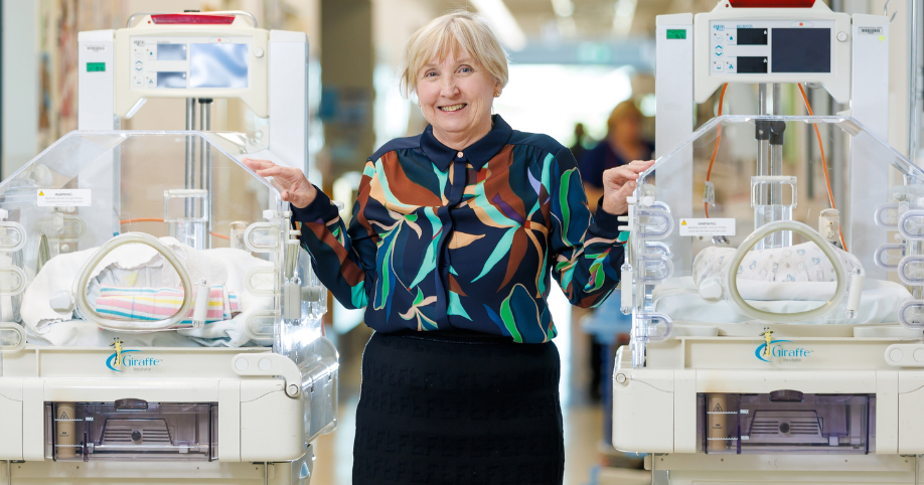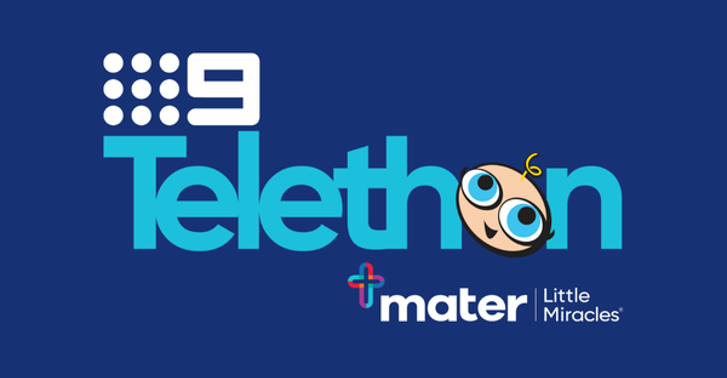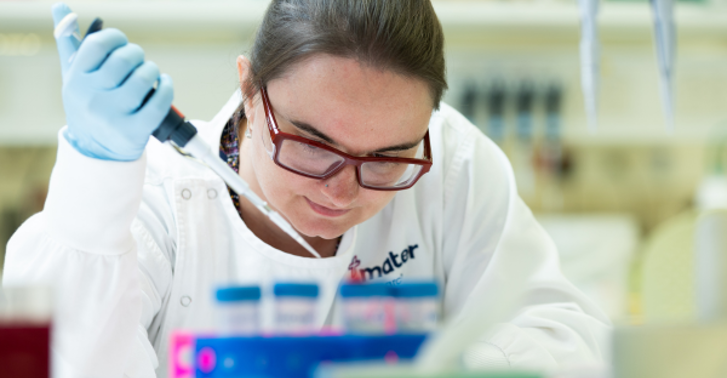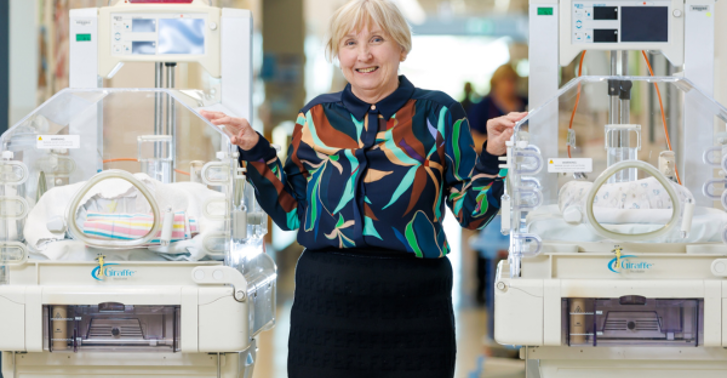
Mater Research is delighted to announce that Professor Helen Liley, a clinician-scientist with 35 years of global experience as a neonatologist, has been awarded the prestigious College Medal by the Royal Australasian College of Physicians (RACP).
This award recognises her significant contributions to medical specialist practice, healthcare, and the health of the community.
Prof Liley’s career as a neonatologist has taken her around the globe, from the United States to New Zealand and, for the past 25 years, she has been at Mater. As a clinician-scientist, her contributions have been wide-ranging and have included basic biology of lung development, exploration of new innate immune pathways, epidemiologic studies and leadership roles in major national and international clinical trials to improve neonatal care.
In her role as the Chair of the International Liaison Committee on Resuscitation (ILCOR) Neonatal Life Support Task Force, Prof Liley has been instrumental in developing evidence-based resuscitation guidelines that are used worldwide. Her expertise in systematic reviews has ensured that these guidelines are grounded in the best available research.
Prof Liley has also made key contributions to the development of guidelines for the administration of blood products to babies and children, as well as other state and national evidence-based guidelines.
Her advocacy for improvements in neonatal care has had a global impact, influencing policies and practices around the world.
Mater Research Executive Director Allison Pettit said that Prof Liley has been the driving force behind Mater’s reputation as a world-leader in neonatal care.
“Helen is an exceptional clinician-scientist whose 25 years of service at Mater has made a huge impact for babies—not just at Mater, but all around the world,” Prof Pettit said.
Prof Liley said that the greatest reward is seeing families take their children after they have recovered from illness or complications.
“While there is always reward and satisfaction in direct patient care, combining that with experience in training and research, and evidence appraisal means you can help not just the patient in front of you, but potentially many thousands or even millions of others,” she said.
“Some of the research studies we have performed in the neonatal unit have been ground-breaking, and some of the multi-centre trials we have contributed to have changed clinical practice worldwide.”



